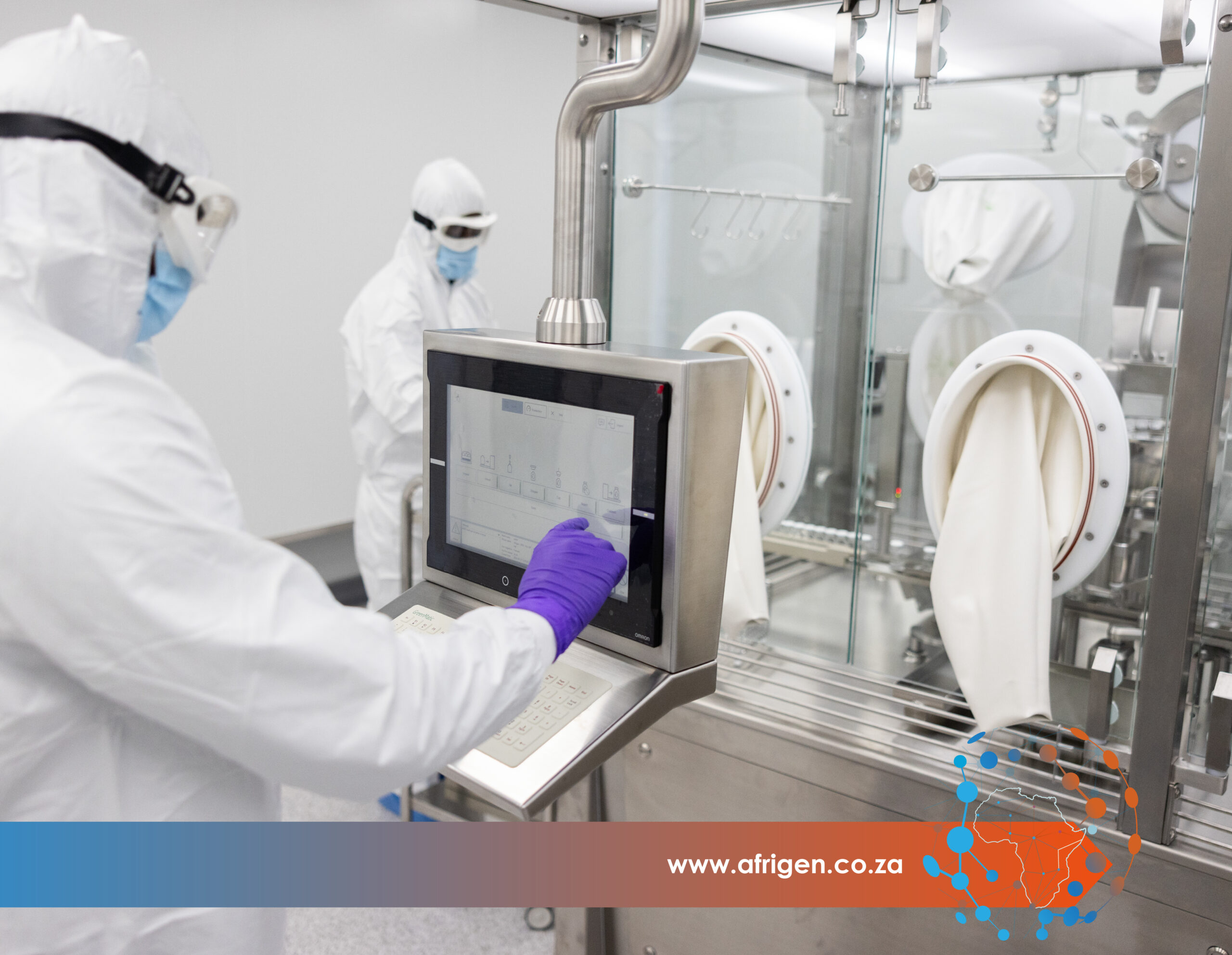Afrigen Biologics and Vaccines embodies the spirit of equitable healthcare innovation, scientific advancement, and regional empowerment and capacity enhancement. Based in Cape Town, South Africa, Afrigen is rapidly emerging as a leading force in the development and transfer of mRNA technology, with a commitment to improving access to life-saving vaccines and biologics in low- and middle-income countries (LMICs). This mission aligns with the global TB eradication efforts, as new and improved TB vaccines are critically needed, alongside advances in treatment and diagnostics, to power a robust response to TB—the world’s deadliest infectious disease.
A Homegrown Hub for mRNA Innovation
In Afrigen’s relatively young history, it’s most notable achievement was being designated the World Health Organization (WHO) and Medicines Patent Pool (MPP) Centre for mRNA Technology Development and Transfer, a key part of the mRNA TT Programme launched on June 21, 2021. The hub in South Africa serves as a Centre of Excellence for training and capacity building in mRNA vaccine development, specifically aimed at enabling LMICs to produce their own vaccines.
This initiative was born in response to the inequitable global rollout of COVID-19 vaccines, which was acute particularly in Africa, but its implications extend far beyond any one pandemic. The Programme supports a growing network of technology recipients—partners across the Global South who are trained and equipped to replicate and adapt mRNA vaccine technology for local needs.
The TB and broader global health communities have long emphasized the need for a new and more effective TB vaccine—mRNA technology, with its speed, adaptability, and precision, holds immense promise in this space. The Centre at Afrigen offers the technical foundation and collaborative structure necessary to pursue cutting-edge TB vaccine development that is not only innovative but also locally driven and globally informed.
Building Capacity for Lasting Impact
Core to Afrigen’s mission is a commitment to capacity building across South Africa and the entire LMIC landscape. Afrigen invests in developing human capital, infrastructure, and regulatory expertise to ensure that local scientific communities can design, test, produce, and distribute vaccines and biotherapeutics independently and sustainably.
In South Africa, this has meant training a new generation of molecular biologists, immunologists, and bioengineers, with practical experience in advanced technologies like mRNA. Afrigen is also building institutional partnerships with local universities, research centers, and biotech startups, helping to embed biotechnological excellence into various sectors of the country’s innovation ecosystem. This approach is similar to that of public-private product development partnerships, like TB Alliance.
Afrigen is a cornerstone of WHO’s mRNA technology transfer program for LMICs, engaging in mentorship and knowledge transfer to institutions across Africa, Latin America, Eastern Europe and Asia, and supporting the establishment of regional vaccine manufacturing capacity and reducing dependency on high-income nations.
When applied to tuberculosis, these efforts are particularly relevant. TB remains a disease of poverty and inequity, and a well-developed, decentralized R&D and production infrastructure is essential to ensuring that new TB vaccines can reach affected populations quickly and affordably. TB Alliance similarly prioritizes local capacity building and empowerment in the research and delivery sectors in its pursuit of faster, safer, and more effective TB cures for all. Both TB Alliance and Afrigen understand that the potential of health technology innovation is fully realized through local systems that deliver those new technologies to those who need them.
A Collaborative Ecosystem to Multiply Impact
Like TB Alliance, Afrigen operates within a global network of partnerships, including robust support from multilateral agencies and international research institutions. This collaborative model enhances its ability to accelerate vaccine research, scale up production, and engage in multinational clinical trials. It also fosters an environment where scientific knowledge is shared rather than siloed, and where LMICs can contribute meaningfully to the global health agenda.
This network is already being activated for TB. Afrigen is currently engaged in partnership with the South African Medical Research Council and the Universities of Cape Town and the Witwatersrand in the development of a tuberculosis vaccine, building on its expertise in mRNA platforms. By channeling international support and leveraging its own technical strengths, Afrigen is contributing to the diversification and expansion of the TB vaccine pipeline, which is essential for long-term eradication strategies.
Innovation for All
Beyond the technical and operational advantages, Afrigen’s model addresses one of the most persistent problems in global health: equity. The COVID-19 pandemic further exposed deep disparities in access to life-saving health innovations, like vaccines. The global health sector has long attempted to remedy this issue. Through innovative access initiatives like LIFT-TB and the PeerLINC Knowledge Hub, TB Alliance is working to ensure all TB-affected communities can benefit from new TB treatments as quickly as possible. Afrigen’s work echoes these priorities, ensuring the benefits of scientific progress are shared more fairly—and that those on the front lines of public health crises have the tools they need to respond swiftly and effectively.
A Valued Member of TB Alliances Stakeholders Association
Afrigen Biologics and Vaccines exemplifies how regional leadership, global collaboration, and cutting-edge science can come together to advance global health. With investment in mRNA technology, vaccine localization, and human capital development, Afrigen and partners is not only advancing the development of new TB tools but is also building stronger and more equitable global ecosystems for health technology development and delivery.
